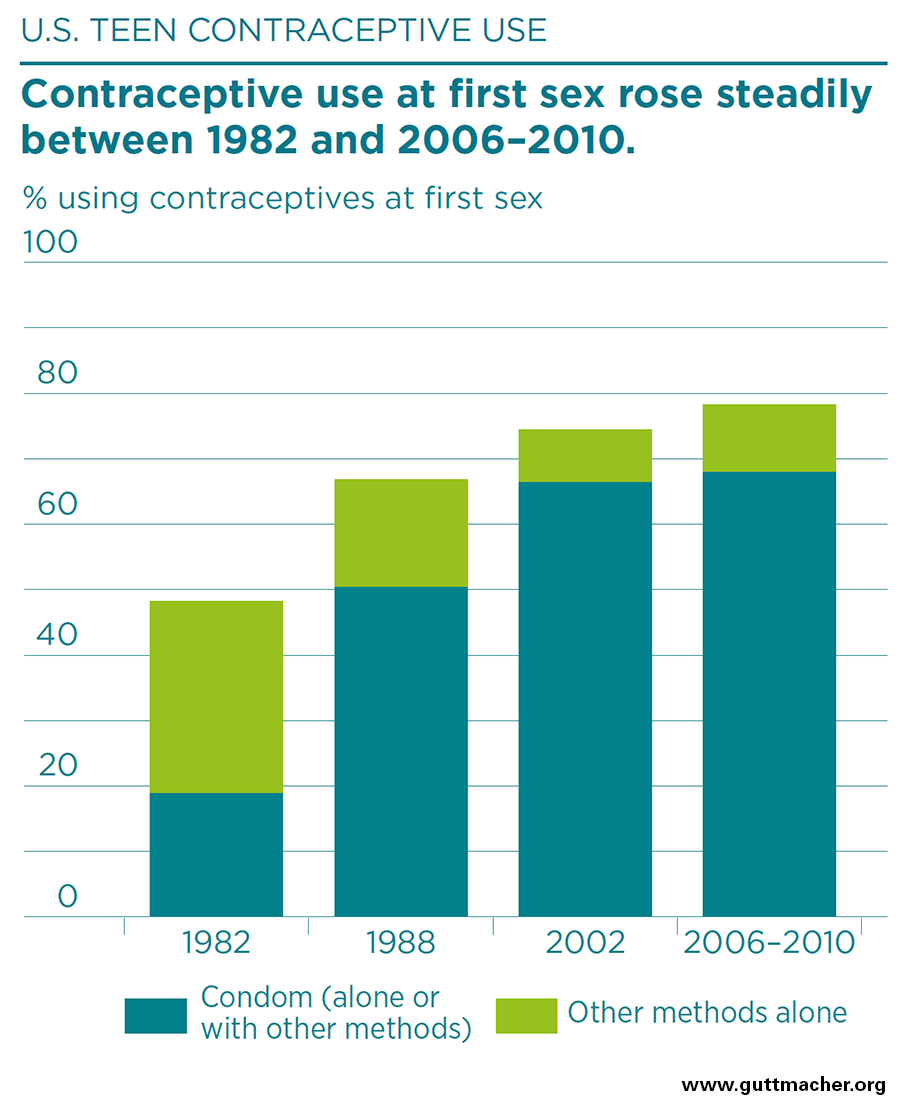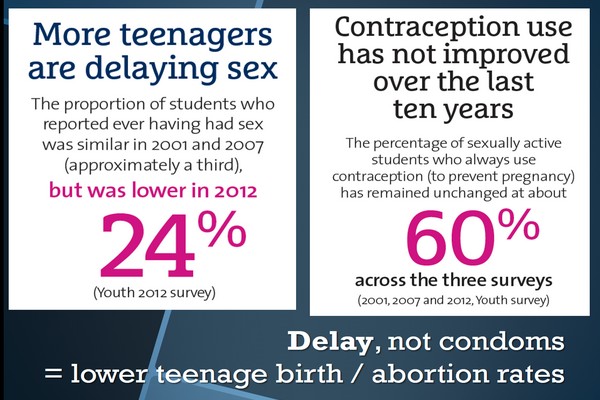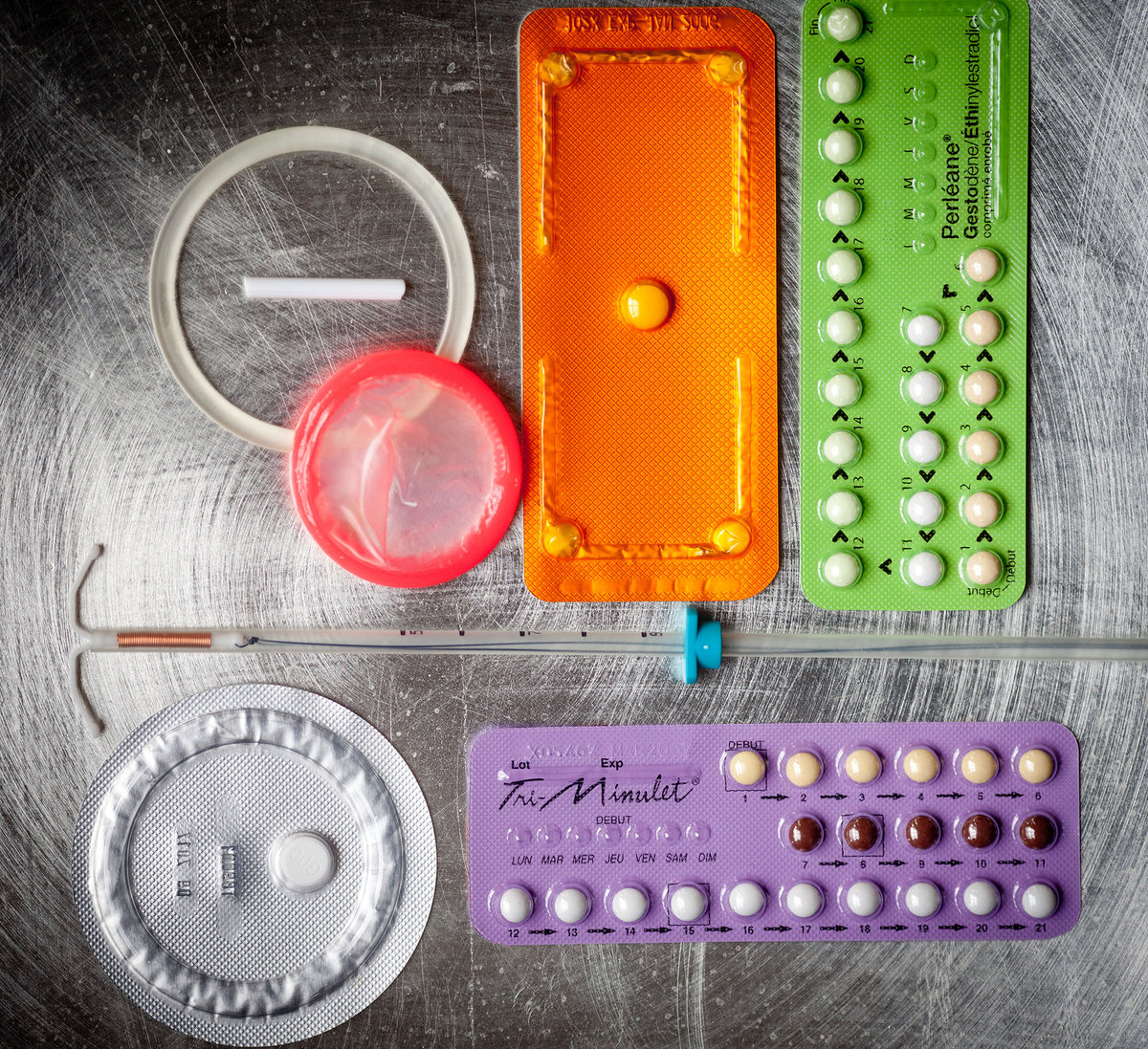Teen Contraceptive


The rate of teenage pregnancy in the United States is higher than in other developed nations. Teenage births result in substantial costs, including public assistance, health care costs, and income losses due to lower educational attainment and reduced earning potential. The Contraceptive CHOICE
Jul 22, 2015 · Teen sex rate lowest since the 1980s, contraceptive use remains high
Contraceptive Guidance for Health Care Providers U.S. Medical Eligibility Criteria for Contraceptive Use (US MEC), U.S. Selected Practice Recommendations for Contraceptive Use (US SPR) and Providing Quality Family Services (QFP) can assist health care providers when they counsel women, men, and couples about contraceptive …



Birth control, also known as contraception and fertility control, is a method or device used to prevent pregnancy. Birth control has been used since ancient times, but effective and safe methods of birth control only became available in the 20th century.


The progress the nation has made over the last few decades in reducing teen pregnancy has been extraordinary. After years of increases in the 1970s and 1980s, the teen pregnancy rate peaked in 1990 and has declined steadily since.1 Today, teen pregnancy, birth and abortion rates have reached historic lows.


As a leading authority on teen reproductive health, the Guttmacher Institute estimates national and state-level teen pregnancy rates; documents teens’ access to sexual and reproductive health information and services; and promotes fact-based, comprehensive sex education and youth-friendly, confidential services.
Background . The National Campaign to Prevent Teen and Unplanned Pregnancy (NC), founded in 1996 to work on teen pregnancy prevention in the United States, has recently expanded its mission thanks to a generous grant from the …
MORE: The Teen Birth Rate Is Now At an All-Time Low The report shows that in the early teenage years, male teens were more likely than female teens to report having had sex, but by age 17, the rates were similar.

Teen Pregnancy Prevention. Promoting Science-Based Approaches to Teen Pregnancy Prevention Using Getting to Outcomes
The American College of Pediatricians (ACPeds) notes with interest the recent study published in the American Journal of Psychiatry (1) documenting an increased risk factor of suicide – nearly doubled (RR 2.06) for suicide attempts and more than tripled (RR 3.08) for successful suicide – among cent teens who use